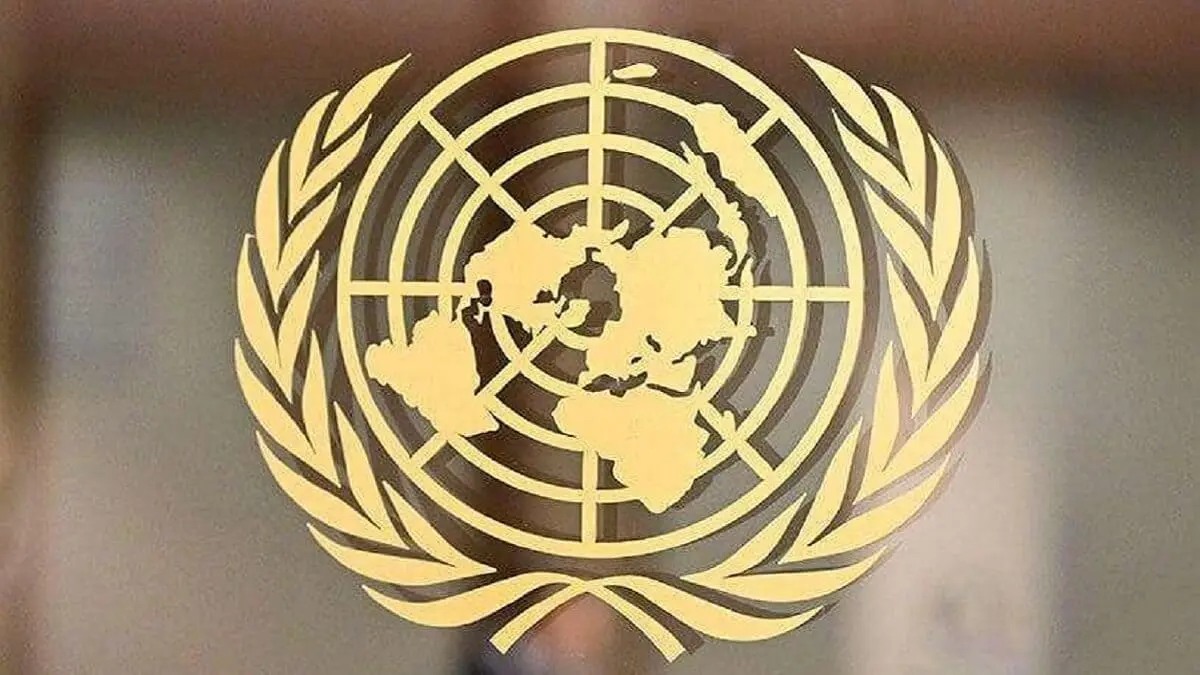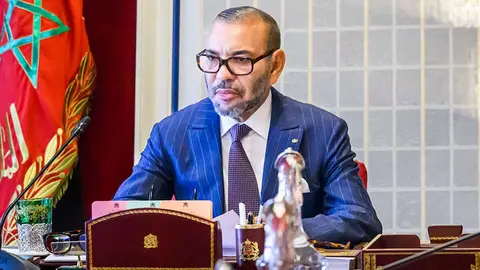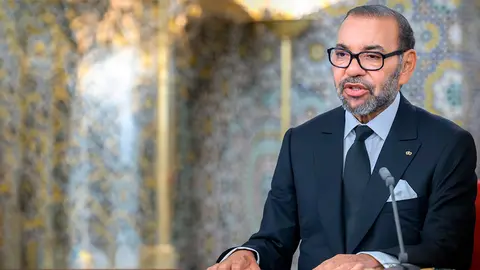The Moroccan Sahara issue at the UN crossroads

At the level of international relations, actors often find themselves in situations where the consequences of their choices merit reflection, and provoke the need to analyse, rationalise and, if possible, decide on one option among others, especially when it comes to decisions related to being at an important turning point in a complex multilateral process.
Favouring this option over that one, turning right instead of left, is a real confusion that generally leads to two difficulties.
The first is manifested by decision fatigue when it comes to making decisions, which produces a kind of mental paralysis or a desire to do-it-yourself, to go for the simplest things, for fragile consensus, for the smallest common denominators.
The second difficulty arises when it comes to making structuring decisions, in a phase of uncertainty and doubt, with a lot of questions, hesitations and affirmations that generally do not help to leave the status quo.
It is not possible to know what kind of difficulty the United Nations is in in its handling of the Sahara issue, but what is certain is the existence of numerous indicators, allowing us to assume that the UN's political process on the Moroccan Sahara has reached a decisive crossroads after many years of status quo. It is worth noting that the crossroads phase in a conflict resolution process can represent a crucial moment when decisions have to be made. This often involves an assessment of the different options available, but also the opportunity to find the most realistic and reasonable solution to the conflict in question.
Decision-making in international politics is largely based on clarity of vision and the need to make a decision. A clear vision makes it possible to clearly identify the parties involved, as well as their respective agendas, in order to reduce ambiguity and establish responsibilities, while the ability to make a decision remains crucial to avoid hidden agendas and thwart any strategy of rotting and perpetuating the conflict.
Is the Sahara issue a geopolitical conflict rather than a question of self-determination? Is the border issue at the core of this dispute? Is Algeria behind this artificial conflict? Does Algiers want to open a window to the Atlantic Ocean through a Sahrawi pseudo-state? By describing the Moroccan autonomy proposal as serious, credible and realistic, is the UN Security Council not positioning the Autonomy Plan as the sole and exclusive basis for resolving the Moroccan Sahara issue?
So what is the UN waiting for to call a spade a spade? How many new personal envoys and new Security Council resolutions will it take before there is truly meaningful progress towards a lasting solution?
Henry Kissinger once said: ‘When you don't know where you are going, all roads lead nowhere’. The architect of US foreign policy always insisted on the importance of clear objectives in decision-making, because without a precise direction, diplomatic efforts can be ineffective and lead to unsatisfactory results, especially in complex situations where unclear positions can only prolong the stalemate and hinder lasting solutions.
King Mohammed VI's speech on the occasion of the 49th anniversary of the Green March was a decisive step in this direction, calling on the United Nations to take precise steps to resolve this persistent conflict and, above all, to clearly establish the difference between Morocco, which strives to consolidate a tangible reality based on law and legitimacy, and those who are detached from reality, constantly exploiting this issue in the service of their hidden agendas. In his speech, Mohammed VI facilitated the UN's task by drawing a clear dividing line between these two different, even opposing worlds, between Morocco's realistic and legitimate vision of its Saharawi provinces, and the unrealistic approaches supported by the enemies of its territorial integrity.
Although the demarcation line between these two parameters remains unclear for some international actors, it seems clear that the time has come for the UN to fully assume its responsibilities and for the Security Council to adopt a definitive resolution on this artificial conflict, especially after having definitively buried the referendum option and repeatedly reaffirmed the pre-eminence of the Moroccan autonomy proposal, which enjoys growing international support.
In his speech, strongly marked by this appeal to the United Nations to recognise this dichotomy between the two opposing paradigms, His Majesty the King seemed not only to appeal to the international system, but also to take as a witness the global conscience, so that in addition to its judgement of reality, it also makes its judgement of value, saying not how things are in this corner of the world, but what they are worth in relation to any conscious subject.



